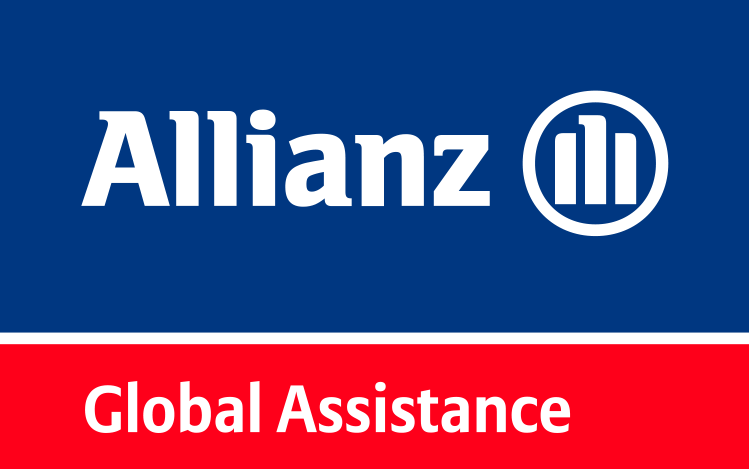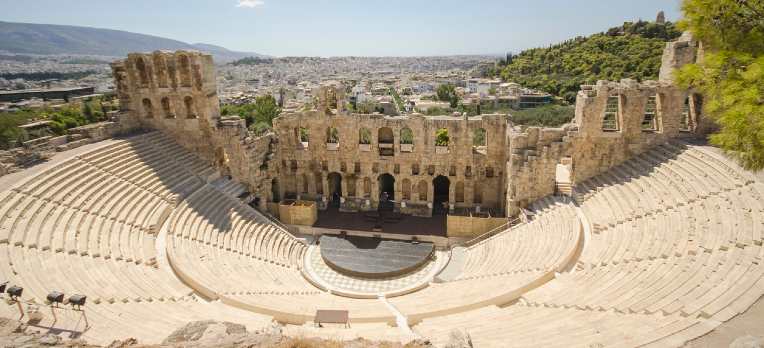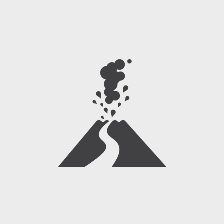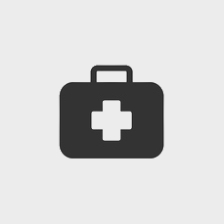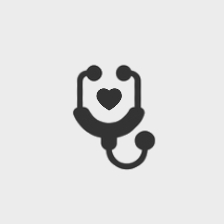Greece hosts millions of tourists every year, and many of those travellers have a safe and happy holiday. However, because of the recent economic troubles and rising unemployment have made some areas more risky than others.
The well-travelled tourist trails are usually free from civil unrest, but there are still minor threats to travellers from petty crime such as pickpocketing. Be informed and prepared, stay vigilant of your surroundings, and Greece should be a safe and enjoyable place to visit.
